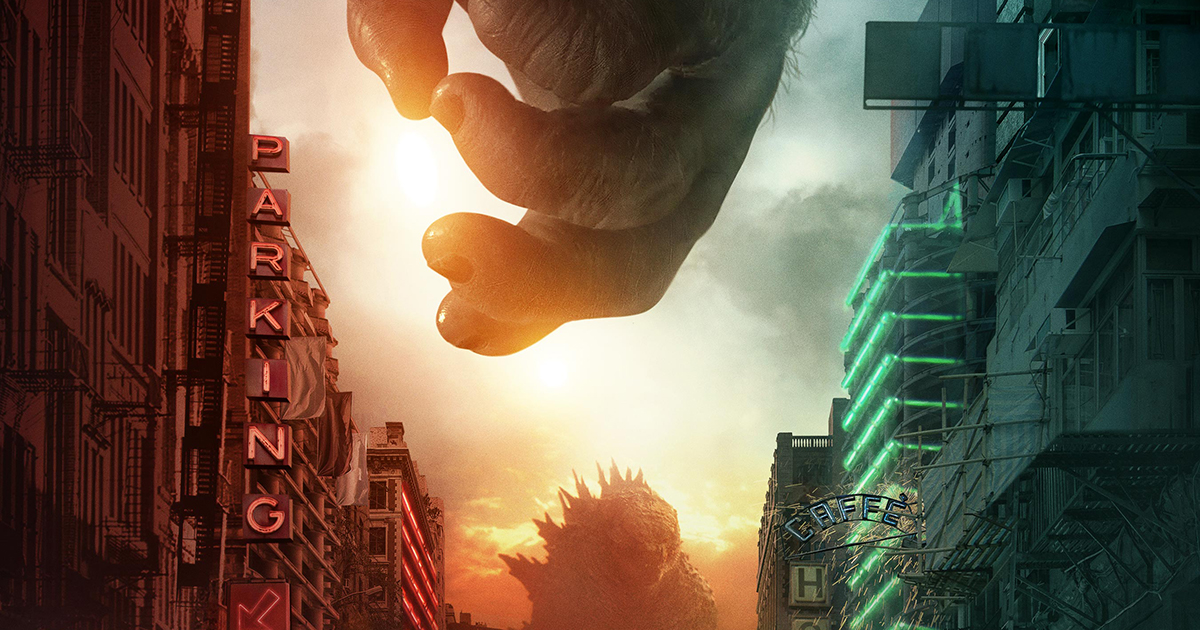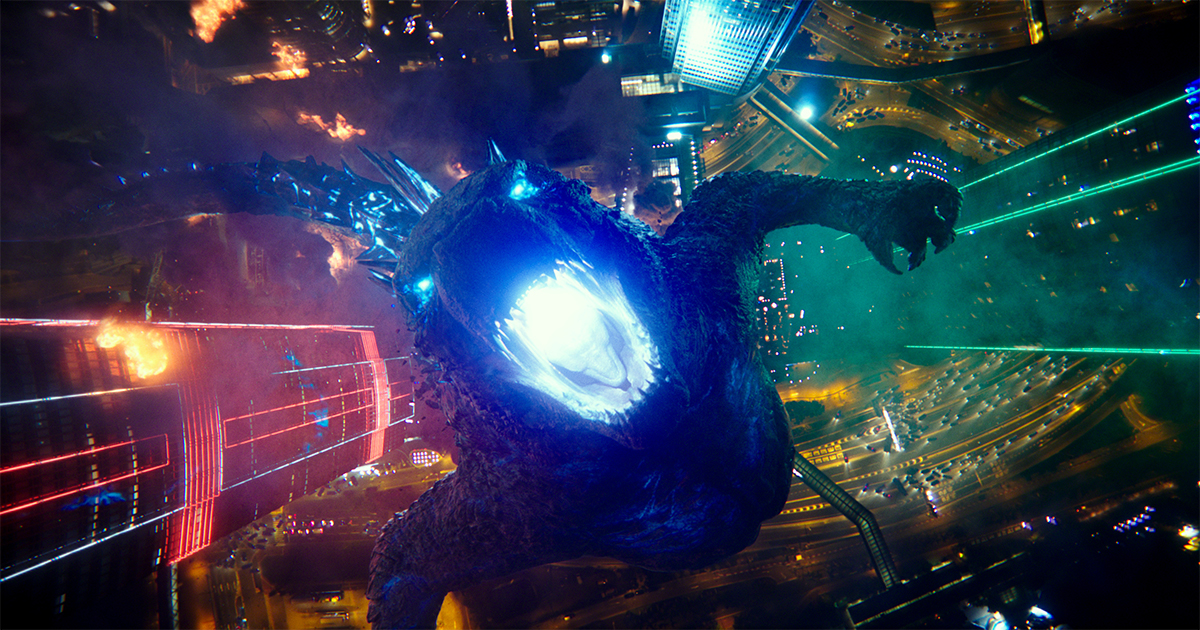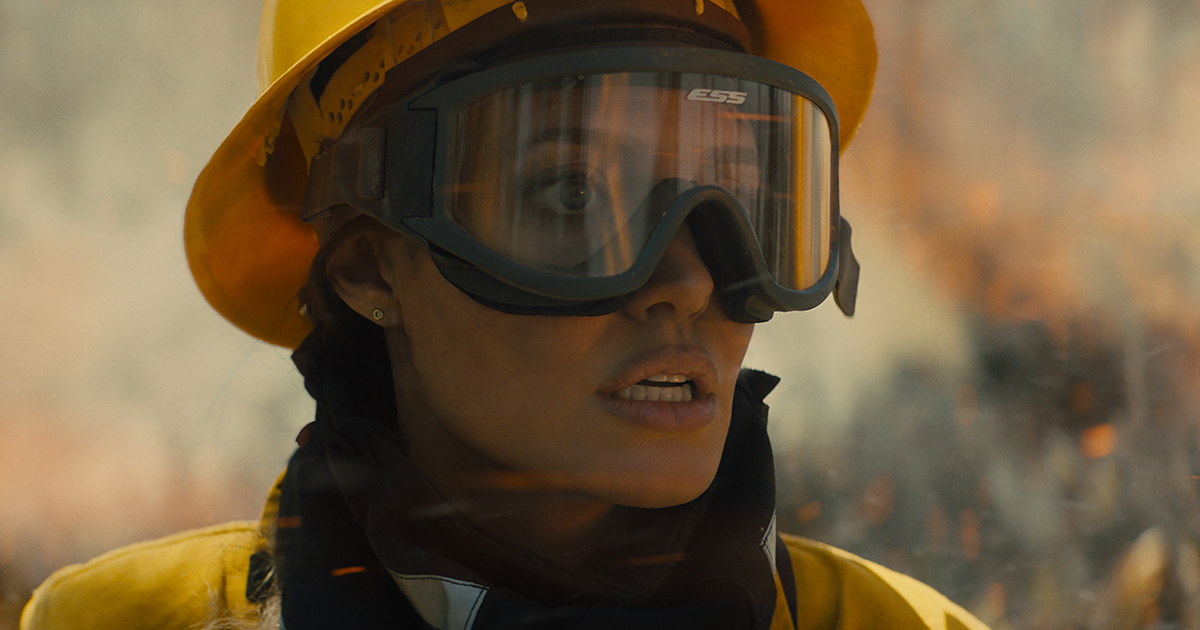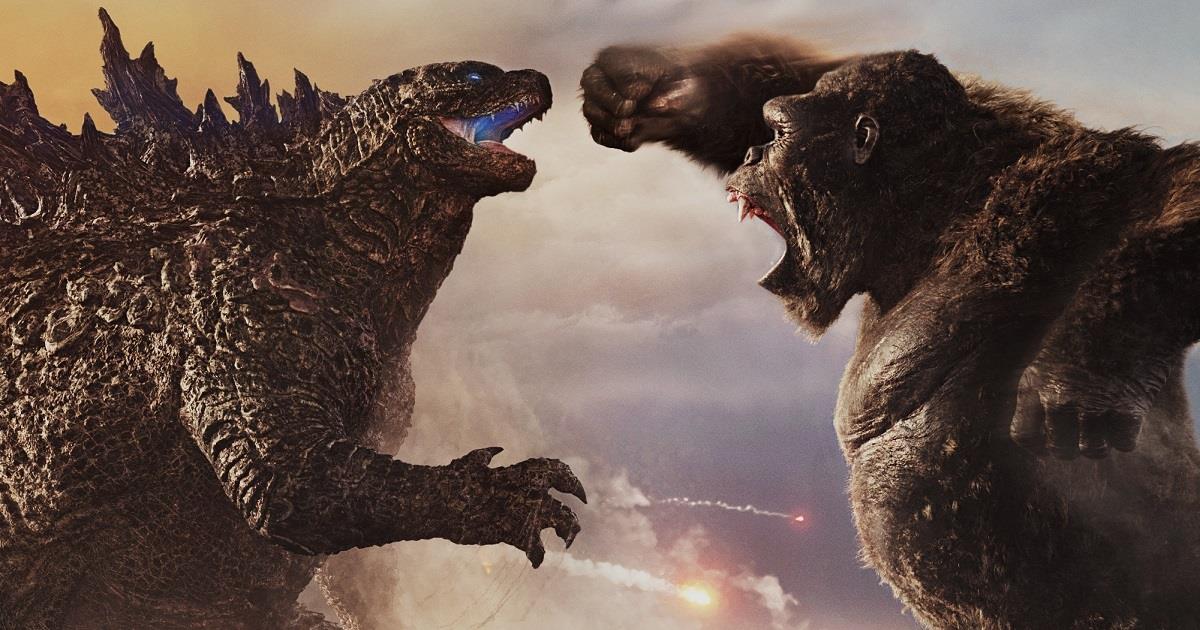
By no means a thinking person’s film, Godzilla vs. Kong nonetheless has moments of something like — what might be called — you could say — intelligence. Perhaps the smartest thing it did, for instance, was cast Kaylee Hottle in the part of Jia, a young girl who can talk to Kong. Both actress and character are deaf; when she first appears, the filmmakers pull off a nifty perspective shift by sucking out most of the sound. (But if you have a good enough subwoofer, you’ll feel the telltale earthquakes in your bones. Kong cometh!) Later, we learn that Jia communicates with the big monkey the same way certain primate researchers interact with their subjects: in sign language. So not only does a deaf kid get to star in a major monster picture — it also makes effortless, plot-relevant sense to have her there. Kind of remarkable, really.
Source: Jason Kehe, Wired
AT A GLANCE:
Over at Wired, Jason Kehe examines the plethora of monster movies that have cropped up during the COVID-19 pandemic. He compares and contrasts three major contenders: Godzilla vs. Kong, Love and Monsters, and Monster Hunter, calling them overachieving spectacles that “exist to visit mindless, magnificent mayhem upon people and places, with scarcely a pause to consider the consequences.”
Godzilla vs. Kong, Kehe notes, attempts to overcome its status as a dumbed-down “kaiju clobberfest” with a couple of intelligent choices. The primary one is the casting of Kaylee Hottle, who is deaf, in the part of Jia, a young girl who can communicate with Kong using sign language. But despite its efforts to rise above the tropes of the classic monster flick, “it’s a stupid film,” Kehe concludes, pointing to its “titularly self-defeating team-up of a finale.” In an aside, he notes, “Someday, someone in Hollywood will have the guts to pick a side.”
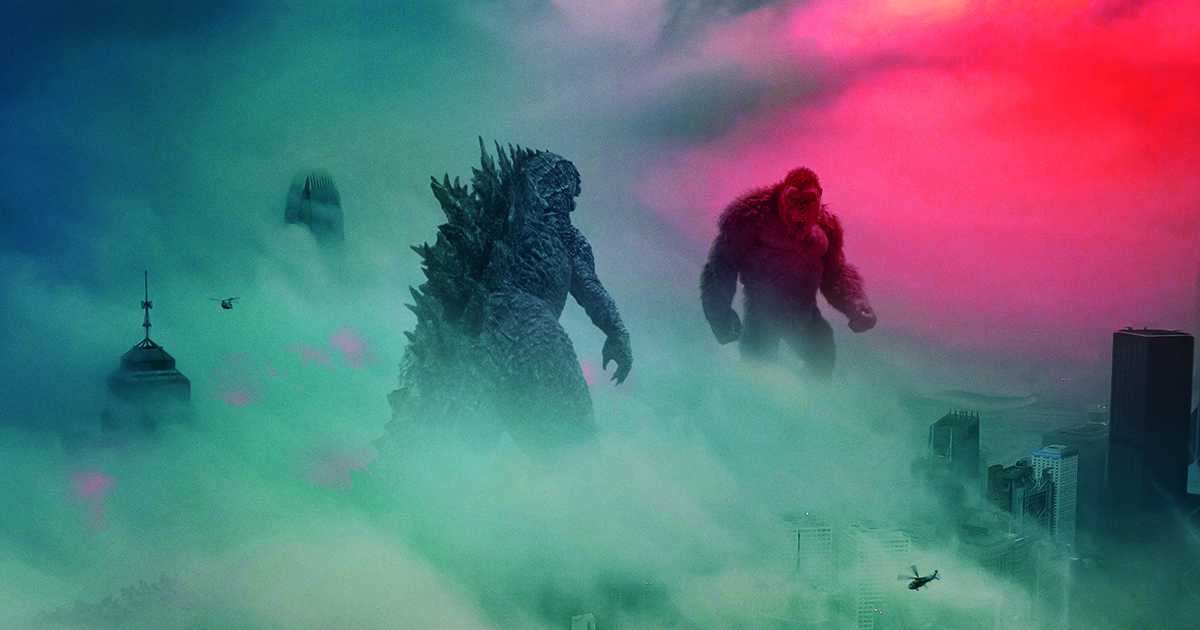
Love and Monsters and Monster Hunter were both released in 2020, well before this year’s Godzilla vs. Kong, and they “both contribute something special, timely, and even moving to the modern meaning of monsterdom at the megaplex,” Kehe writes. Love and Monsters “is too sweet and a little stupid, but only because it wants to be,” he remarks, noting that it uses every trick in the book: cute kids, cute dogs and cute robots. “And somewhere along the way, it works. You give in, and fall in love.”
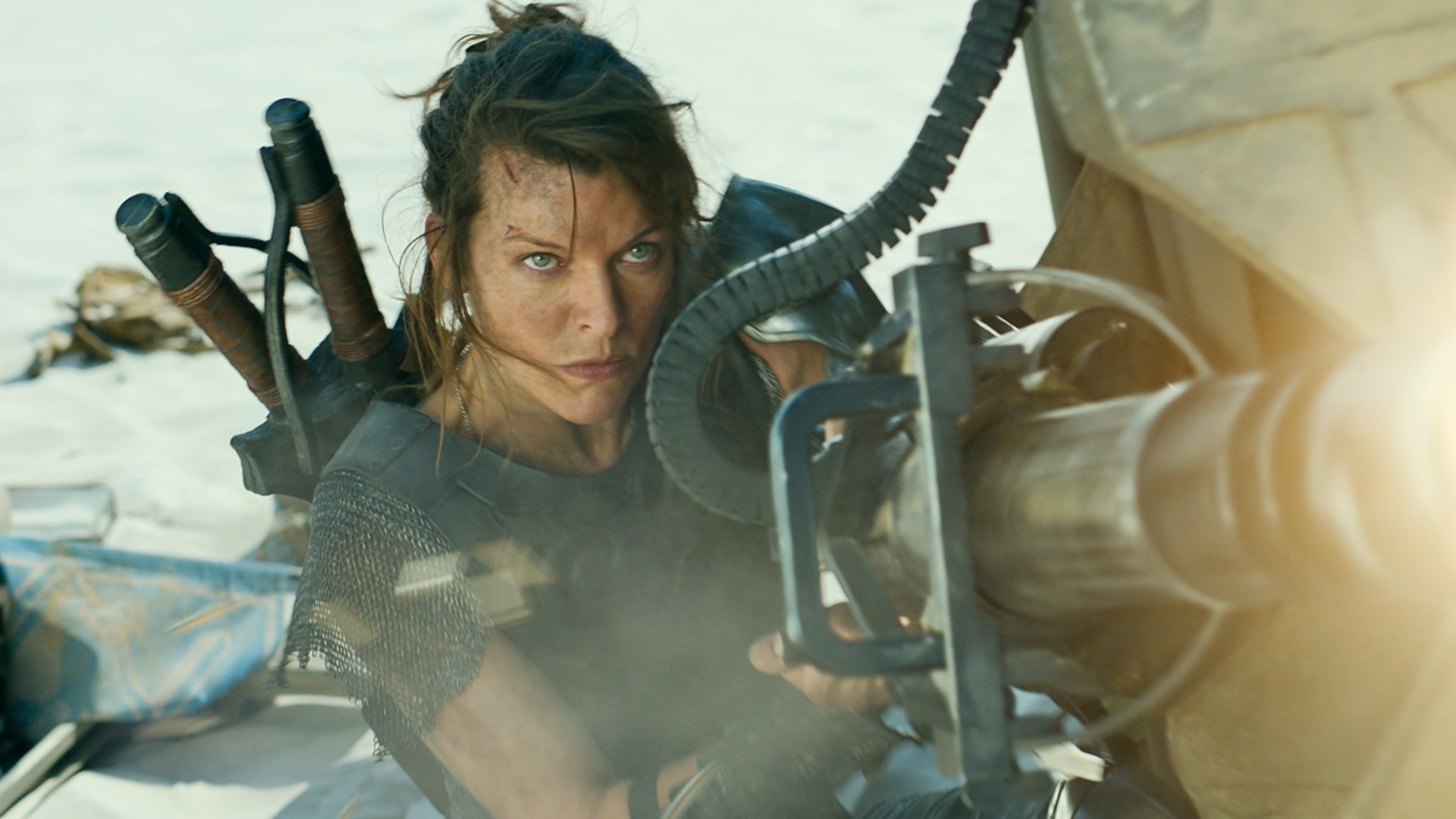
Monster Hunter is our best bet, at least in Kehe’s estimation. It stars “the legendary” Milla Jovovich, who is directed — in their fifth collaboration — by her husband, Paul W. S. Anderson. In one pivotal scene, Kehe writes, a monster hunter hurls his spear into the eye of a giant sand rhino, splattering eye goo everywhere. “That’s when you know: This movie wants to be the purest, most perfect expression of what the genre can be.”
The ending of Monster Hunters provides the most satisfaction for fans of the genre, Kehe posits:
“Monster Hunter does not have an ending; as an adaptation of a narratively looping video game franchise, it merely stops. Mid-fight, to be exact. You are amazed, relieved, and ready to play it again. Here, finally, is a monster movie that truly knows itself. There’s no tearful reunion, no promise of a better tomorrow. Just more carnage on the other side.”
Want more? Head over to Wired to read the full story: “One Thing Covid Didn’t Smash to Pieces? Monster Movies.”


